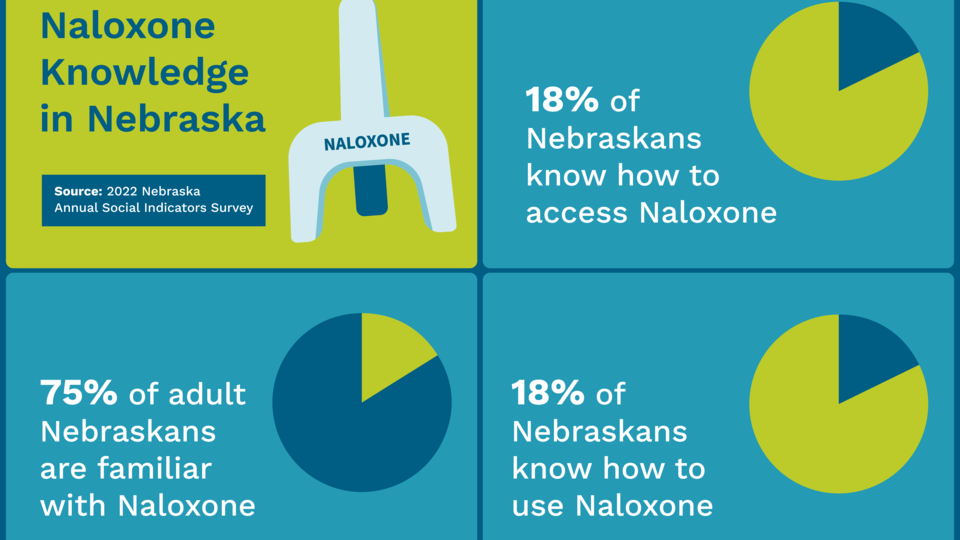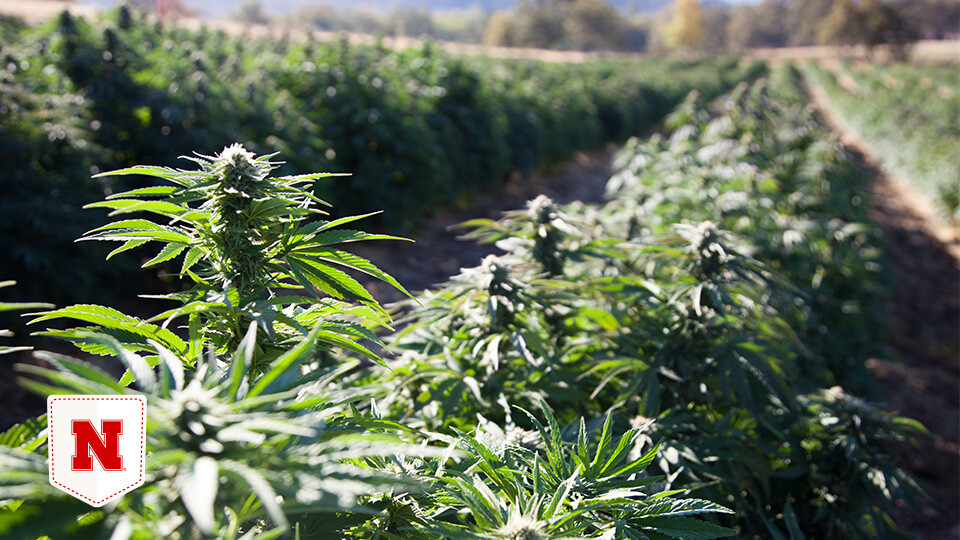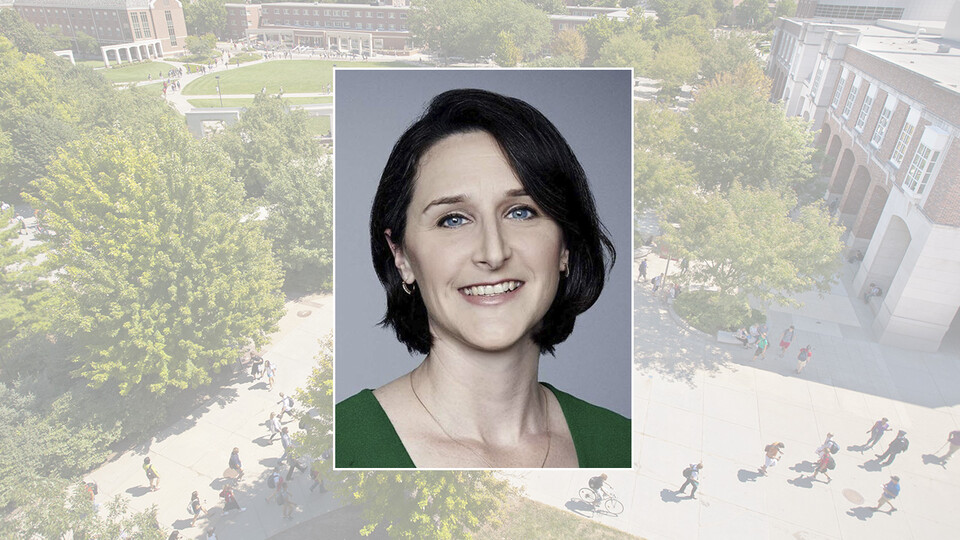Changes in the number of "religiously unaffiliated," has changed the political landscape. New research from a University of Nebraska-Lincoln religion professor shows the impact this varied group could have on American politics.
Brandon McDermott, NET News: Who are the unaffiliated or the “religious nones”? Can you explain those different groups for us?
Philip Schwadel: "The religious nones" are people who when we ask people on a survey, what is your religion? Are you Catholic, Protestant, Hindu, Buddhist, Jewish, Muslim – there's often a last option that's none of the above, or nothing in particular, or unaffiliated, depending on how the survey frames it. But basically, it's those people who don't claim a religious affiliation.
It was a very small proportion of Americans for most of our history, as recently as 1990. It was only 7% of Americans and now it's about 20 to 24%, depending on what survey you're looking at. So while historically there were very few Americans who claim no religious affiliation, today it's about equal to number of Catholics and evangelical Protestants in our country.
McDermott: What do we know that's about what's caused that shift from the 7% in 1990 to about 22% now?
Schwadel: There's a lot of different research suggesting different reasons why. Potentially, the growth in college education may play a role. Really, what we're seeing is that a lot of the younger “nones” aren't necessarily higher educated as they used to be. So that might not be really the driving factor.
Some research suggests that politics plays a role. That in fact, a lot of the newer research is suggesting that while we used to think about religion and politics as how does religion affect politics? More recently, political scientists and sociologists are looking at how does politics affect religion? And they're finding that some people claim no religious affiliation because of their political views, or because they're opposed to the politicization of religion that really started to happen in earnest starting an 80s and especially into the 90s.
McDermott: Are the religiously unaffiliated as easy to figure out when it comes to their political persuasions and perspectives?
Schwadel: There's been a fair amount of research before this new article I have that that looks at “nones” as a whole and we do know that they're more liberal. We know that the more likely we Democrat less likely to be Republican and we know a little bit about their political activities, but not tremendous amount.
What we don't know or didn't know before this research really that I've just published is how they vary in terms of among the unaffiliated, whether the differences, so we didn't know before the unaffiliated, as whole what their general religious leanings were, but we didn't know what sort of divisions were within that group.
McDermott: And we've also found that those who say they're unaffiliated with religion also tend to shun politics more often than other religious groups. Why is that in order? We know,
Schwadel: Some of research suggests that the unaffiliated are unaffiliated because they're opposed to the strong ties between religion and politics in the last couple of decades in the United States. For those unaffiliated who chose to become unaffiliated because of that reason, it makes sense that they would be less interested in politics. They've sort of had enough of the way politics has been conducted over the last couple of decades.
McDermott: And the religious “nones” groups together the agnostics, the atheists, and also what's called the “nothing in particulars.” Do the nothing in particulars, the people who've made no affiliation at all, do they make a move towards nihilism and in turn are more likely to be a critic of institutions?
Schwadel: I think they are potentially more likely to be a critic of political institutions. I don't know if we'd say that they're definitely nihilistic. Given this research, I can't really speak to the nihilistic perspective of the unaffiliated. I'd say it's a good guess that some of the reason why the nothing in particulars, as opposed to the atheists and agnostics are relatively uninterested in politics is because they may have become nothing in particular because of their view of politics as something that's not functioning well in our society.
McDermott: “Nothing in particulars” or NIPs are more likely to vote Republican. What do you think that is?
Schwadel: So the atheists and agnostics, they are what summary refers to as harder seculars versus softer seculars if we want to think of all the unaffiliated as secular Americans or non-religious Americans. I hesitate to say that they're non-religious because we know some of them do hold religious beliefs, but if we want to use that term secular more broadly to refer to all these unaffiliated Americans, the atheists and agnostics tend to be what we refer to as harder secular as well and “nothing in particulars” would be softer secularists. They're not as opposed to religion. Atheists are far more likely to be opposed to religion than “nothing in particulars.”
It's also important to point out that when we look at the unaffiliated as a whole, “nothing in particulars” is by far the largest group. There's more of them than there are atheists and agnostics together. We often think of those who are people who have no religious affiliation as atheists or agnostics, but in fact, the majority of them don't identify as atheists or agnostics. They just say, ‘No, I just have no religious affiliation.’
McDermott: What are some of the political differences between the atheists and agnostics?
Schwadel: The atheists tend to be more politically active than agnostics and more liberal especially. Although agnostics are highly likely to vote, I should point that out. The atheists are more likely to talk about politics and to get into arguments about politics, which really fits with this conception of atheist, atheism or atheists as a politicized identity, that it's not just about your belief in God or lack thereof.
It's also an identity that relates to how you view politics more broadly in your role in our society. So they do tend to be more likely to argue with their families and with other people about politics, to talk about the election, and they are more clearly more liberal than agnostics. Agnostics tend to be more liberal than the unaffiliated. The unaffiliated tend to be more liberal than the affiliated. It’s sort of a step-wise progression there.




